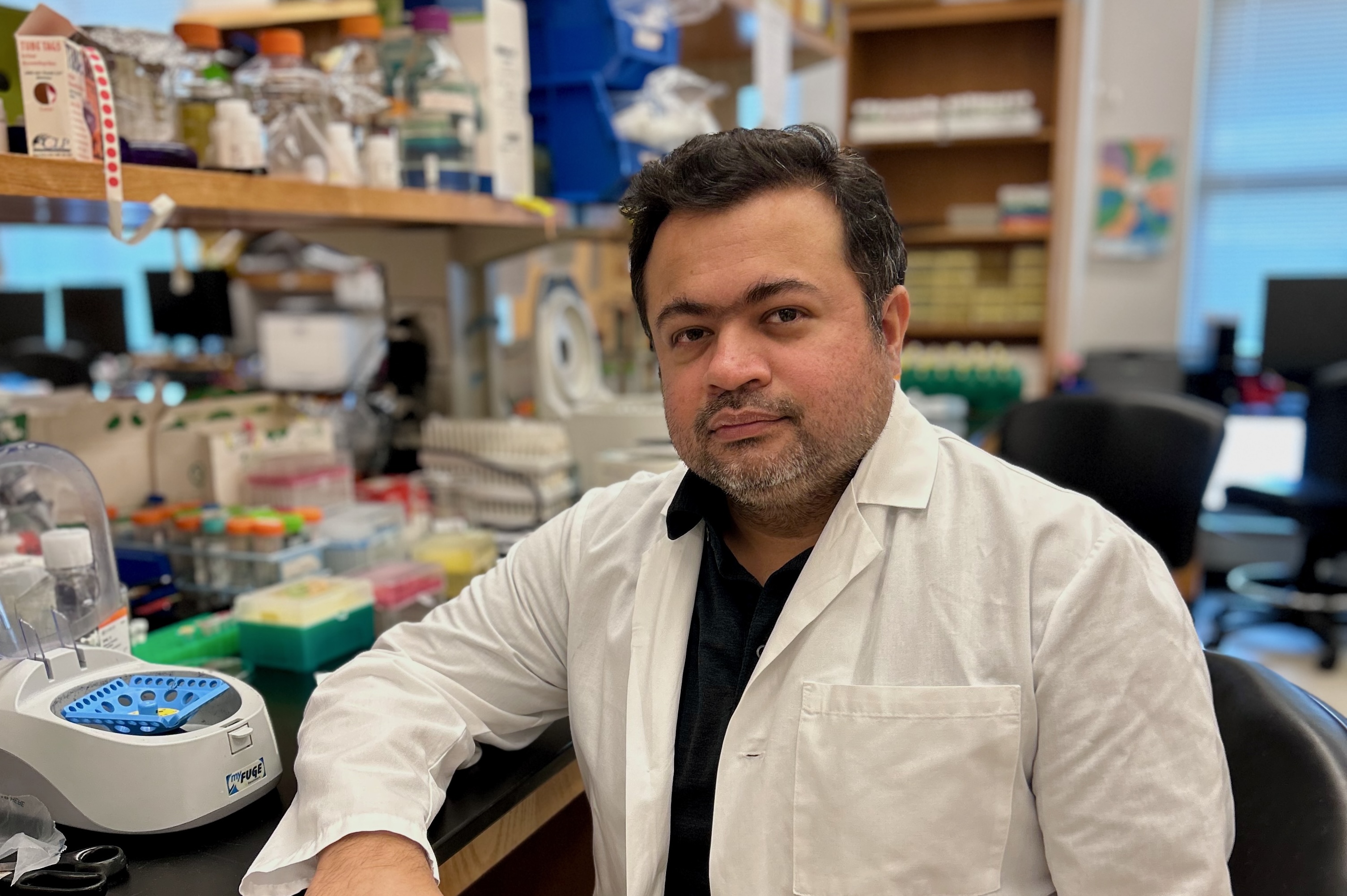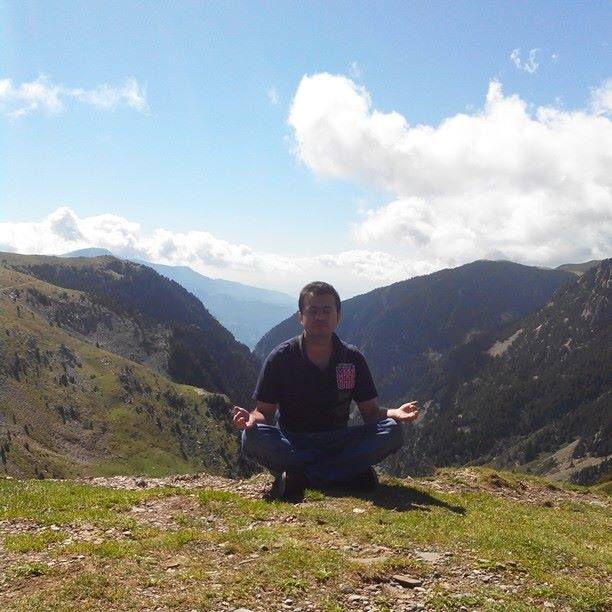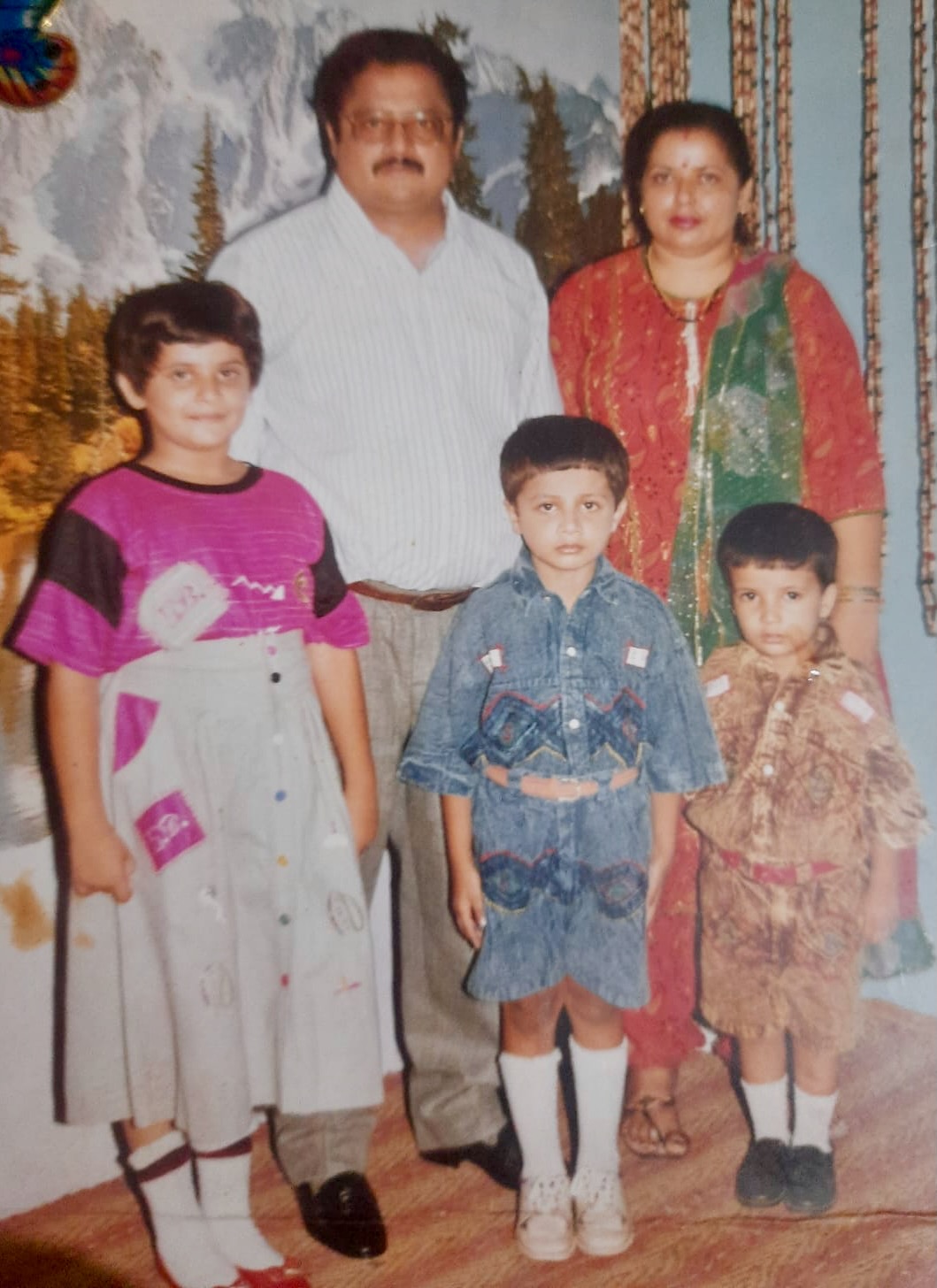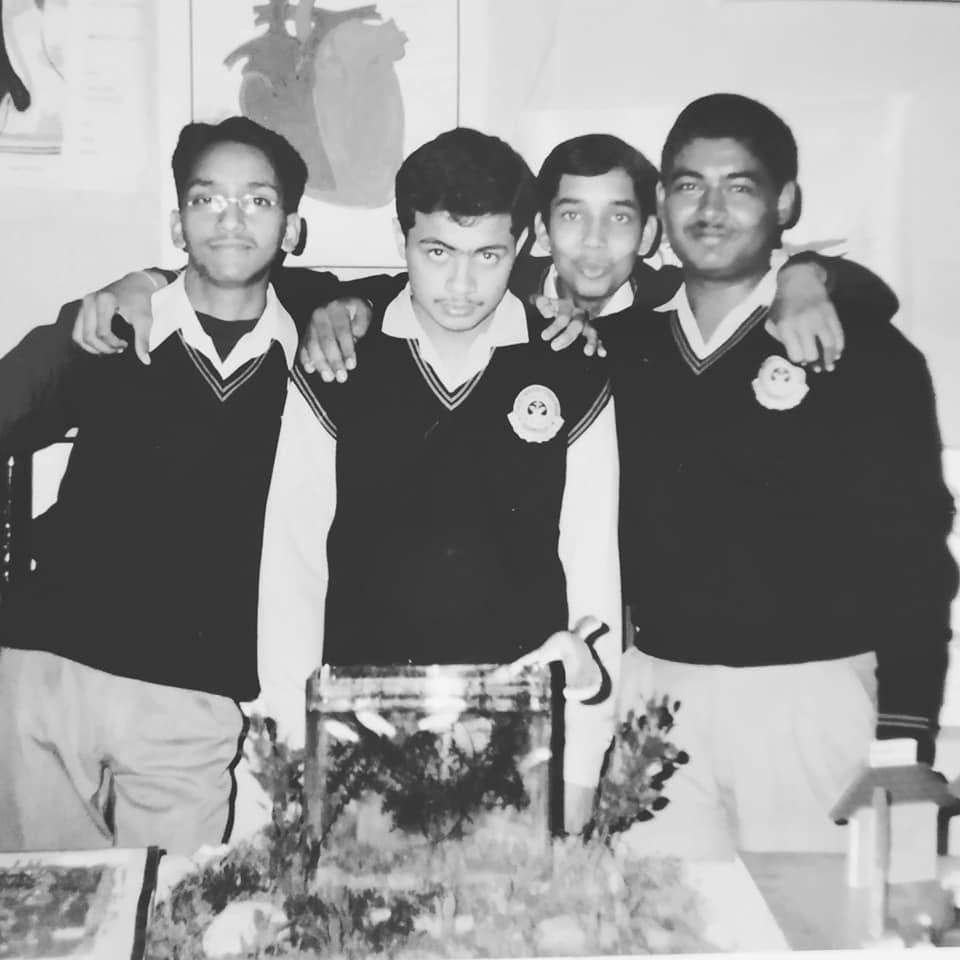I am an Emory Researcher: Unlocking ALS Mysteries

When Devesh Pant received the 2023 Live Like Lou career development award, he was honored. But even more, he was grateful the grant would support his investigation of amyotrophic lateral sclerosis (ALS).
Pant focuses on neurological and rare neuromuscular diseases in his research. “The key drivers for me to study ALS are the patients affected with this dreadful disease who are striving hard to fight the challenges on a daily basis,” he says.
An instructor in the Department of Cell Biology at Emory’s School of Medicine, Pant has a PhD in biomedicine from Pompeu Fabra University in Barcelona and a master’s in biotechnology from the Indian Institute of Advanced Research in Gandhinagar, Gujarat.
ALS is a disease affecting motor neurons in the brain and spinal cord, which causes progressive weakness and atrophy of muscles. People with ALS gradually lose the ability to walk, talk and, eventually, breathe.
Around the world, ALS is known by different names. “In France, it was called Charcot disease, after French neurologist Jean-Martin Charcot, who first described the symptoms,” Pant says. “In the UK, it’s called motor neuron disease. In the US, it is known as Lou Gehrig’s disease, after the famous baseball player who played for the Yankees and was diagnosed with ALS.”
The foundation, Live Like Lou, is in close connection with Lou Gehrig’s family and provides resources to ALS families, patients, and researchers.”
Pant’s career path was shaped by international opportunities.

Pant travels to India annually to visit his family. His interest in biology began at a high school science exhibition.
Photo Courtesy Devesh Pant
To study the disease mechanism and determine therapeutic options, Pant developed a zebrafish model in the lab that mimics the disease pathology and tested an FDA-approved drug that lessens symptoms in this model. This work led to a pilot clinical trial at centers worldwide.

Photo Courtesy Devesh Pant
Because ALS’s progression dramatically diminishes one’s quality of life, “even a small win can make these patients’ lives better,” Pant says. ALS is a heterogeneous disease, with 10% genetic cases and 90% sporadic (meaning the cause is unknown).
“Despite significant research efforts to understand ALS and the influence of various genetic, environmental, and lifestyle factors, the exact pathophysiology of the disease remains unclear,” says Pant, “and no effective treatments are currently available.”
When the Ice Bucket Challenge went viral on social media a decade ago, it inspired more than 17 million people worldwide to dump ice water on their heads and donate to an ALS organization, expanding funding for ALS research and leading to the discovery of several new genes associated with the disease.
Researchers around the world have identified mutations that lead to ALS, but important questions remain.
With the help of collaborators at Emory, Heidelberg, Germany, and the Albert Einstein College of Medicine in the Bronx, Pant set about answering this question: How does a defect in a specific motor protein cause disturbances in the body that can lead to ALS?
Perhaps the most famous case of ALS was seen in physicist and author Stephen Hawking, who was diagnosed when he was 21 and lived with the disease for 55 years—an extremely rare outcome.

Photo Courtesy Devesh Pant
In the ALS field, therapies are challenging. So far, no treatment can cure, minimize, or even slow the disease progression.
If researchers can develop treatments that block the impact of the genetic mutations, says Pant, they can provide therapeutic hope for patients.
While Pant is primarily a researcher, he’s also been a conduit for families in search of help.
“I’ve met some of the patients, and it provides more motivation to find a solution for them,” he says. “It’s nice to tell them about the research we are doing. I do get emotional when I think about these patients and their families.”
Get the full story on Devesh Pant and other Emory researchers.
Email the Editor








